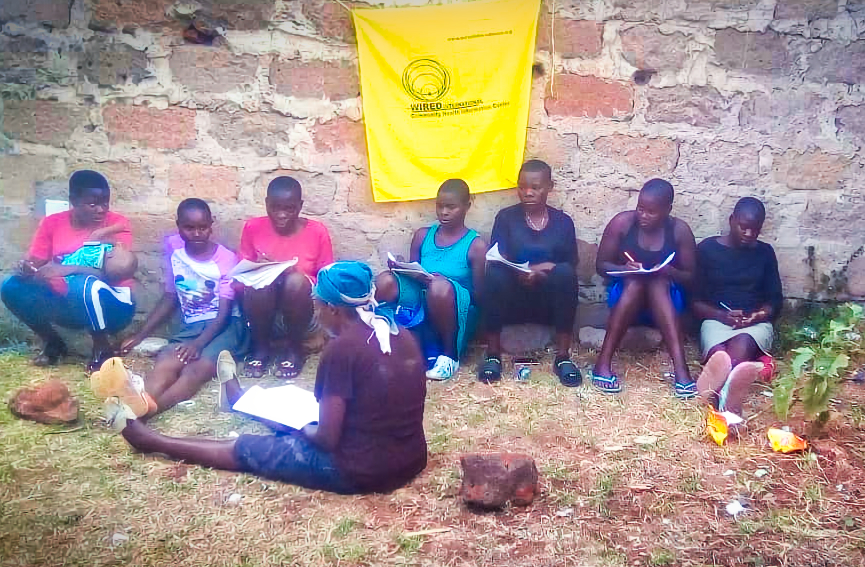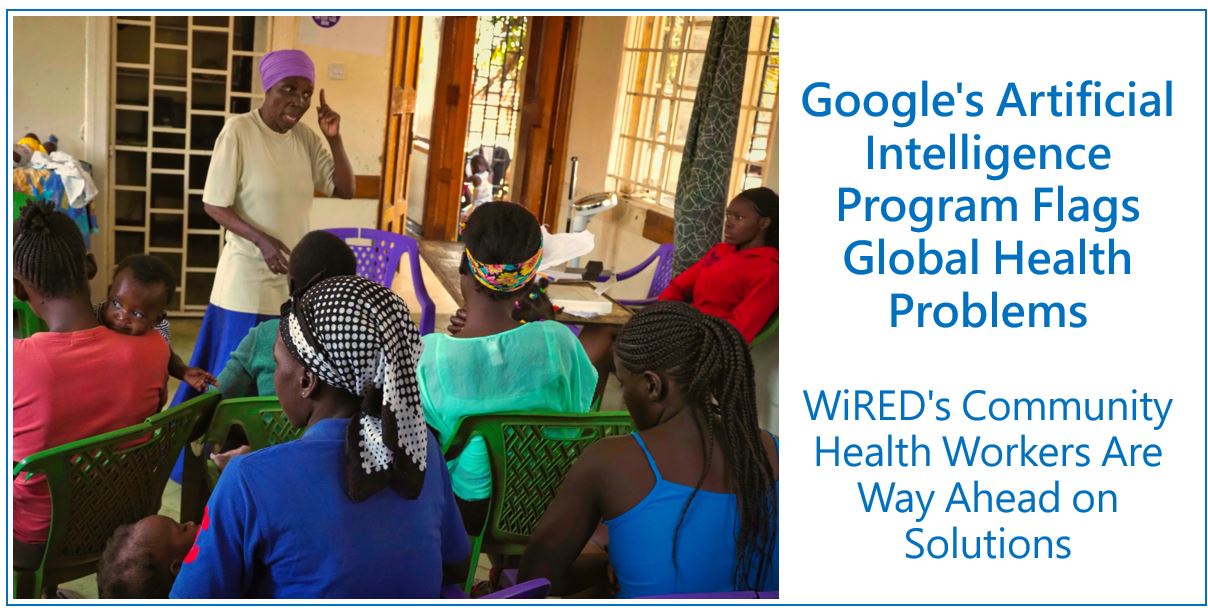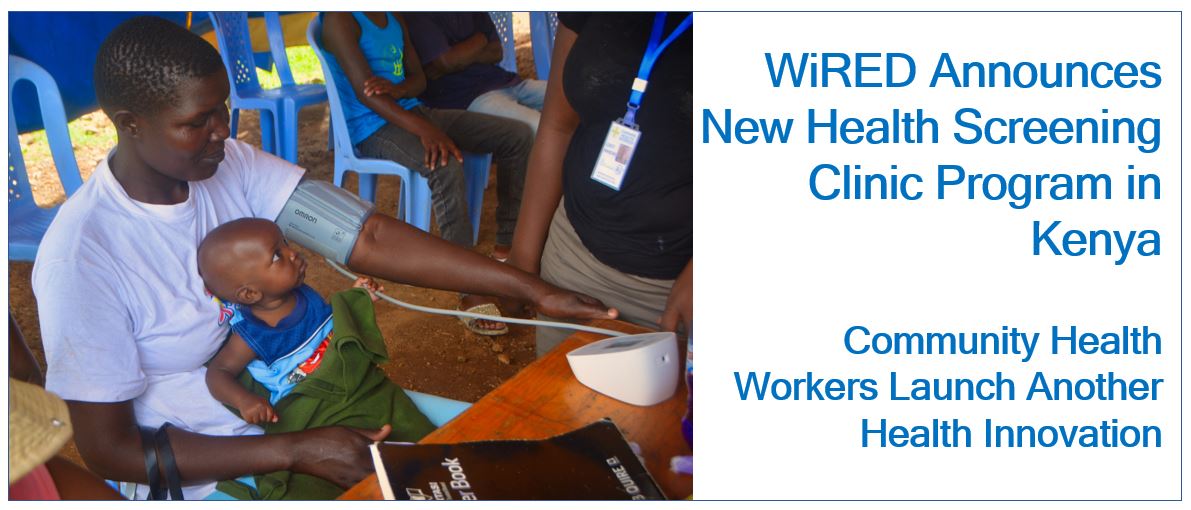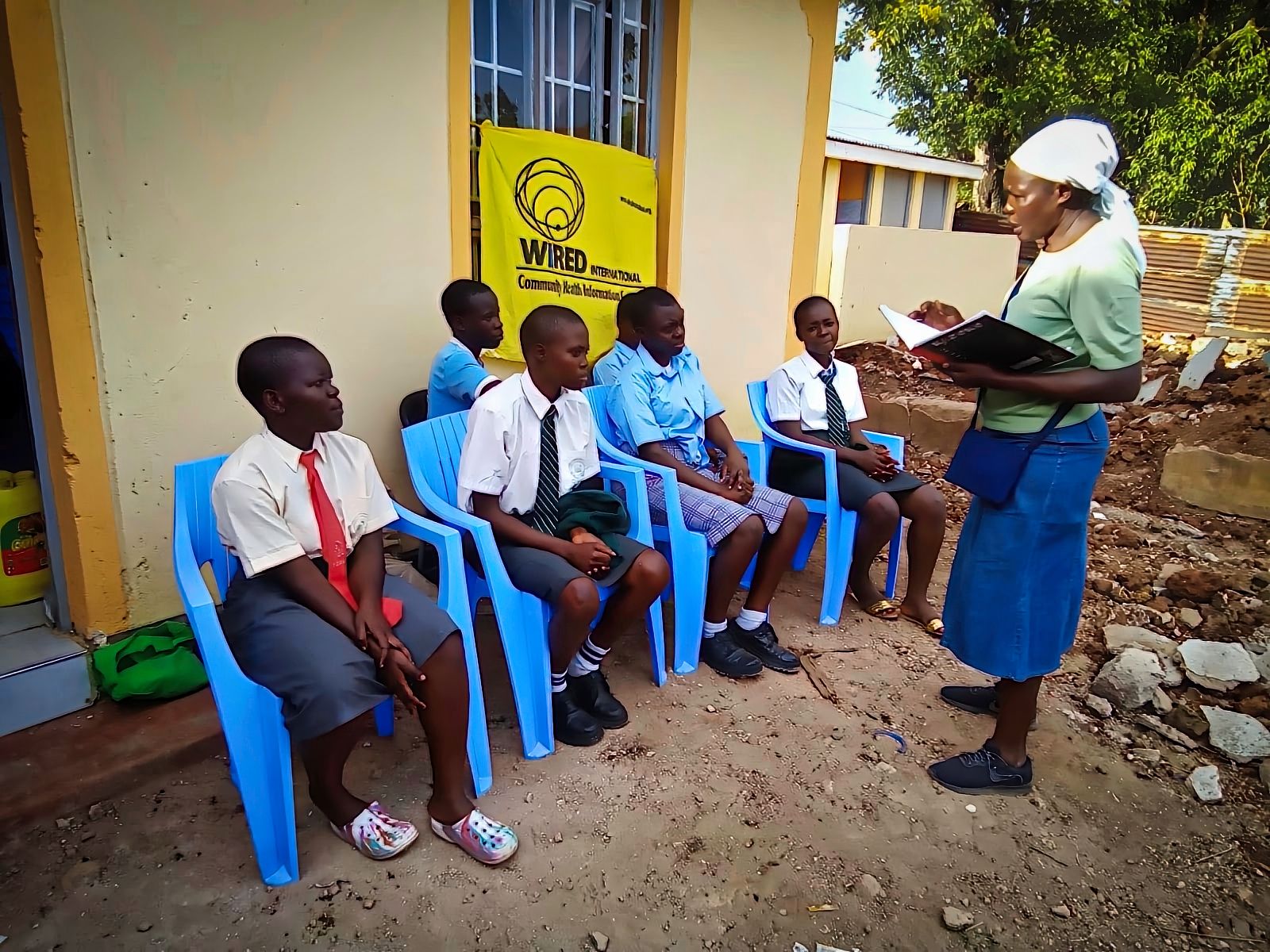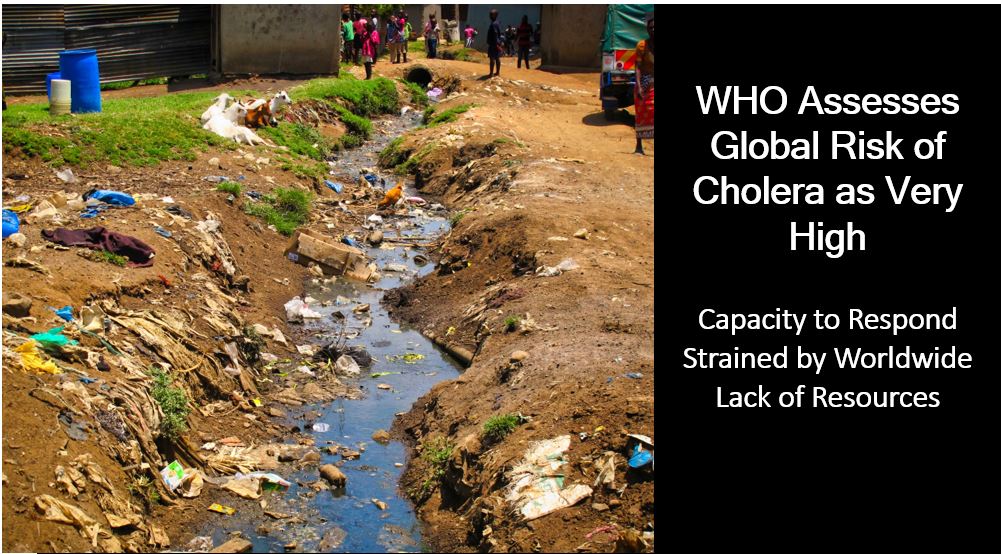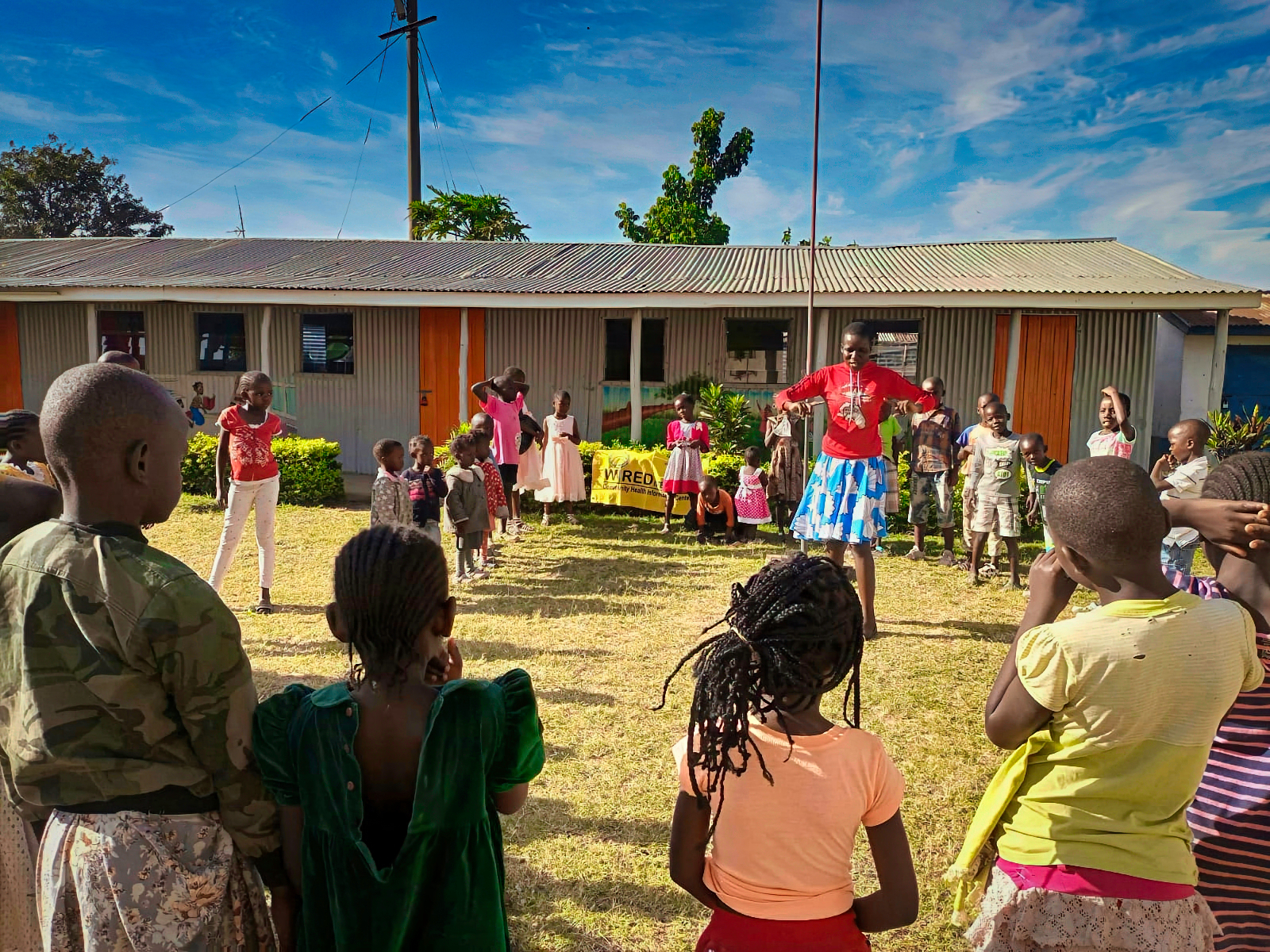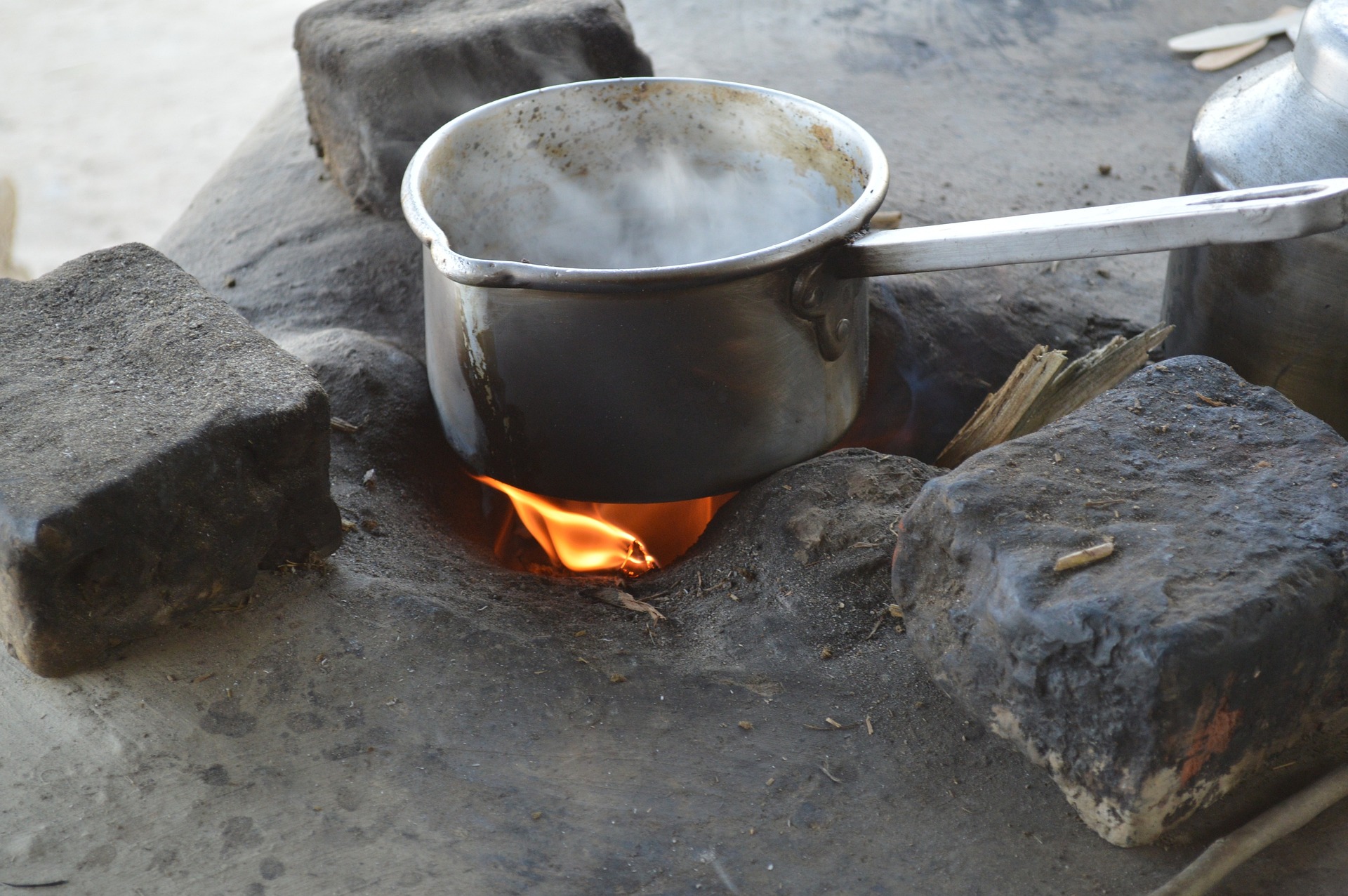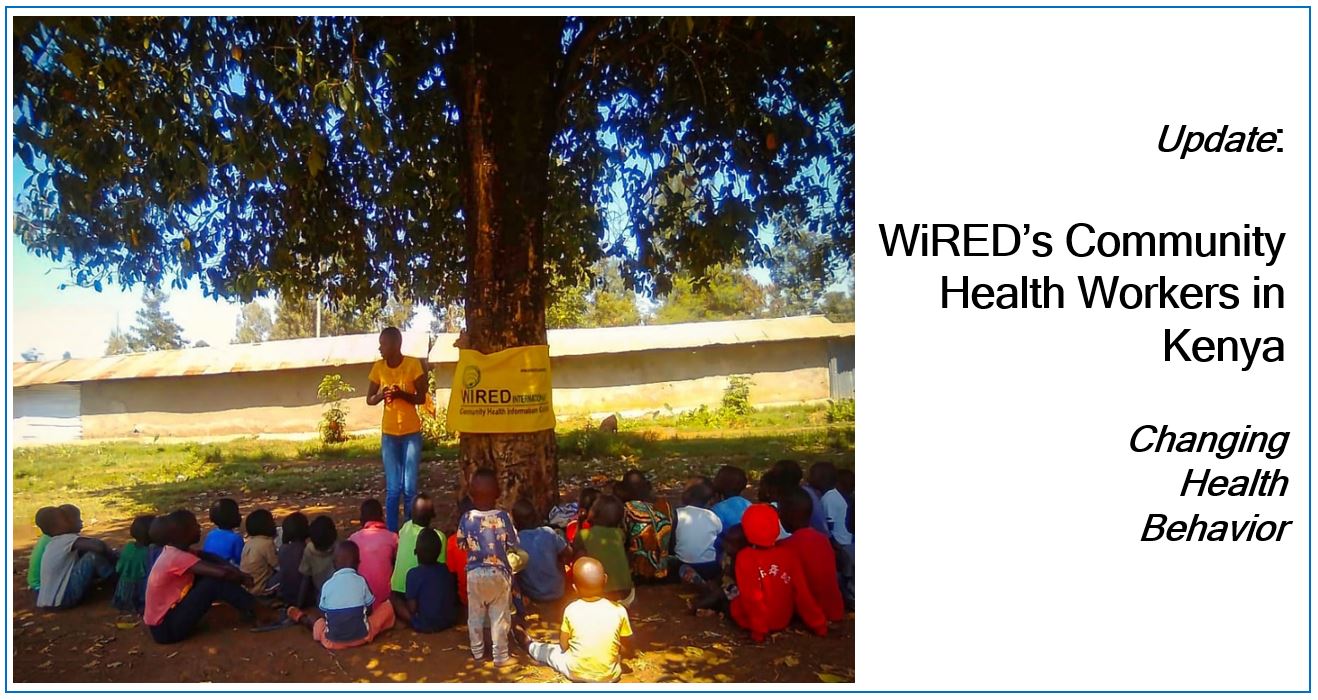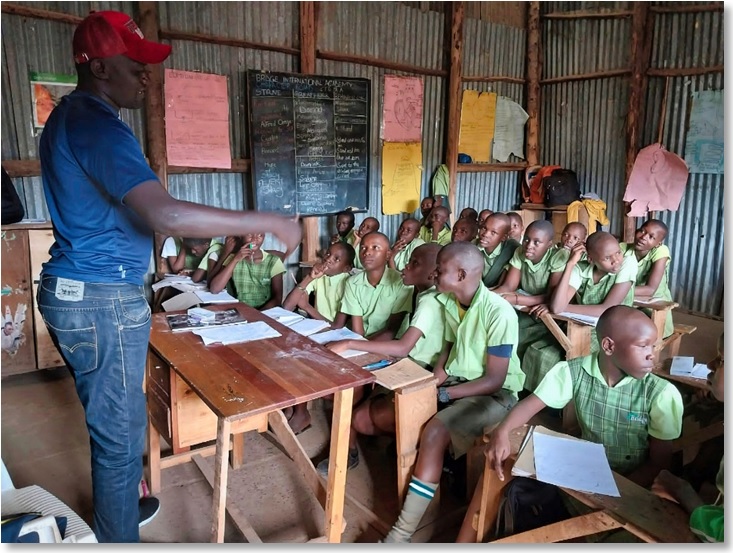Monthly Update from WiRED International’s Community Health Workers in Kenya
Posted onApril in Kisumu, Kenya has indeed been “the cruelest month.” WiRED community health workers (CHWs) are grappling with floods following a long drought. The weather continues to cause a myriad of woes in the community from displacement

